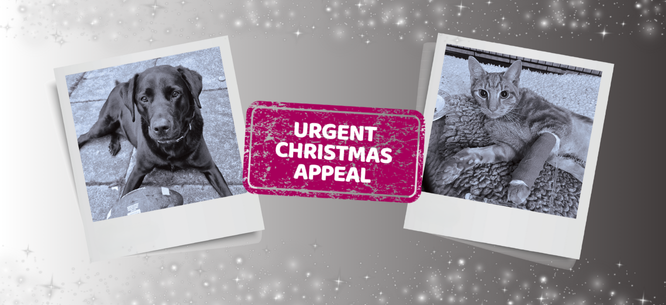My cat isn't eating
Why has my cat stopped eating?
There are many causes for a reduced appetite, including:
- Dental disease – tooth and gum disease is painful and can put cats off eating.
- Stress – e.g. a change in routine, moving home of fighting with another cat.
- Kidney disease – often causes vomiting, increased thirst and a reduced appetite.
- Pain – pain often causes a reduced appetite.
- High temperature – a high temperature (fever) usually decreases the appetite.
- Change of food or feeding location – changing your cat's food suddenly or moving their bowl from its usual place may stop them eating. Read our guide on how to safely change your cat's diet.
- Other diseases – many other problems such as heart disease, pancreatitis, liver disease and cancer will reduce appetite
How will I know if my cats' not eating?
It may be tricky to tell if your cat has stopped eating if you have more than one cat, or a dog that hoovers up their food. Other tell-tale signs you might see when a cat has a reduced appetite include:
- Weight loss
- Low energy (lethargy)
- Jaundice (yellow tinge to skin, gums and eyes)
- Drooling more than usual
- A painful mouth (pawing at mouth, hissing or backing away from food, only chewing on one side)
- Vomiting and/or diarrhoea.
- Increased thirst
When to contact your vet
Contact your vet for an appointment if your cat stops eating. It’s important to find out the reason your cat is off their food, but it is also important to get them eating again to prevent liver problems (hepatic lipidosis) from developing. You know your cat best, if you are concerned it’s always best to contact your vet.
Consider insuring your cat as soon as you get them, before any signs of illness start. This will ensure you have all the support you need to care for them.
Published: February 2020
Did you find this page useful?
Tell us more
Please note, our vets and nurses are unable to respond to questions via this form. If you are concerned about your pet’s health, please contact your vet directly.
Thank you for your feedback
Want to hear more about PDSA and get pet care tips from our vet experts?
Sign up to our e-newsletter
Written by vets and vet nurses. This advice is for UK pets only. Illustrations by Samantha Elmhurst.

